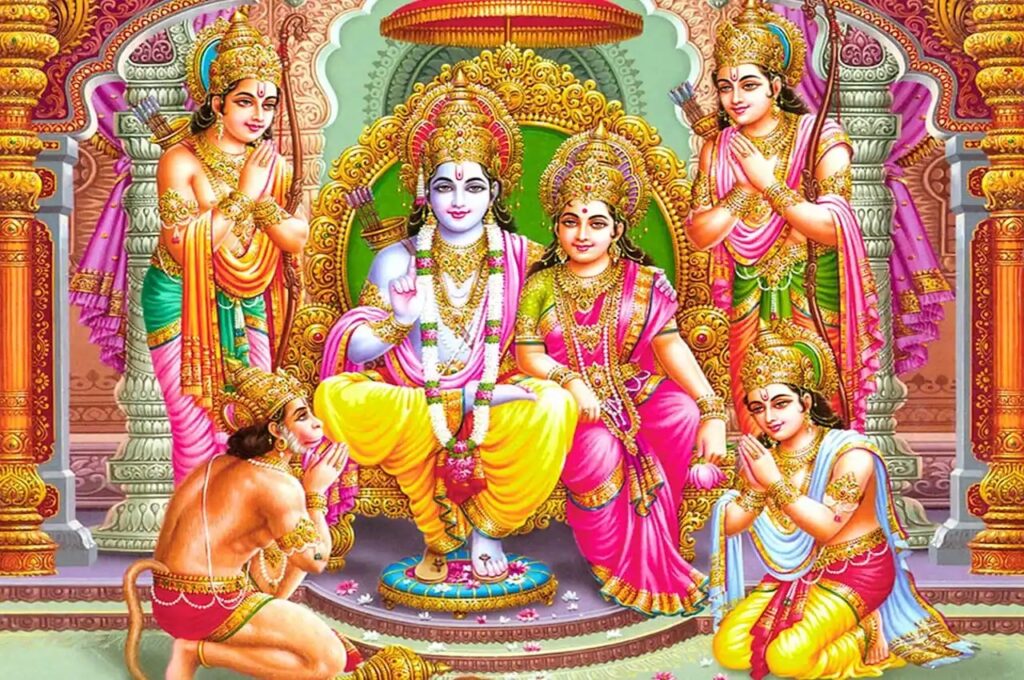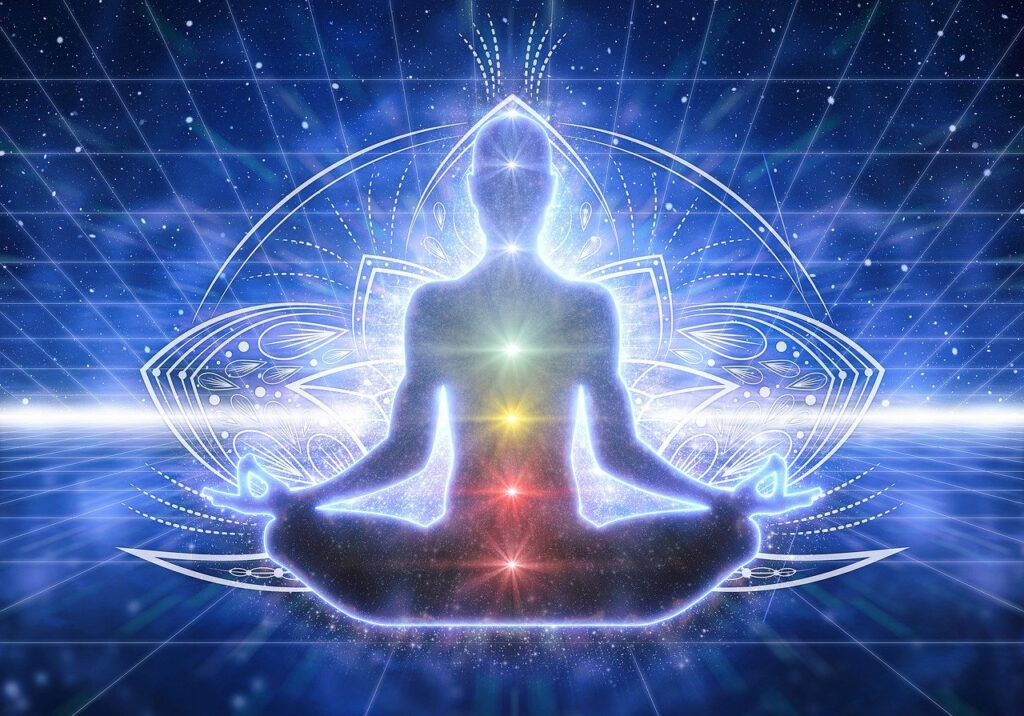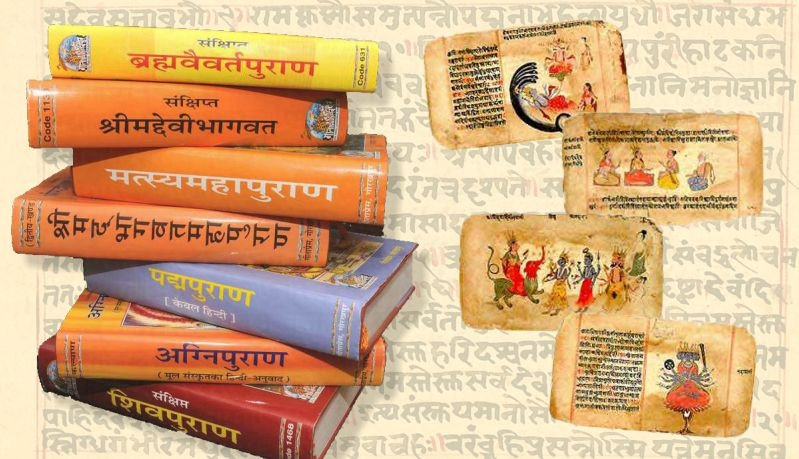Hinduism: The Eternal Dharma (Sanatan Dharma)
Hinduism, also known as Sanatan Dharma (the Eternal Dharma), is one of the oldest, most complex, and spiritually rich religions in the world. It is not merely a religion but a comprehensive way of life that integrates philosophy, science, art, and ethical living. Originating in the Indian subcontinent over 4,000 years ago, Hinduism has no single founder, central religious authority, or universally accepted scripture, reflecting its pluralistic and inclusive nature.
📜 Origins and Historical Evolution
Indus Valley Civilization (c. 2500–1500 BCE): Early forms of religious practice can be traced to this ancient civilization, including proto-Shiva figures and sacred symbolism like the swastika and the pipal tree.
Vedic Period (c. 1500–500 BCE): The arrival of the Indo-Aryans introduced the Vedas—ancient hymns, rituals, and philosophies that form the spiritual foundation of Hinduism.
Post-Vedic Period: Over time, philosophical schools (Darshanas), epics like the Ramayana and Mahabharata, and devotional movements expanded Hinduism into diverse paths suited for various temperaments and spiritual goals.
📚 Scriptures and Texts
Hinduism has an extensive body of sacred literature categorized broadly into:
Shruti (Heard): Includes the Vedas and Upanishads. These are considered divinely revealed.
Smriti (Remembered): Includes texts like the Bhagavad Gita, Ramayana, Mahabharata, and the Puranas. These shape the narrative, ethics, and devotional fabric of Hindu society.
🕉️ Core Philosophical Concepts
Brahman: The ultimate, formless, eternal reality that is the source of all existence.
Atman: The true self or soul, which is divine and identical with Brahman.
Dharma: The ethical and spiritual duties in harmony with cosmic law.
Karma: The law of cause and effect, where every action has consequences.
Samsara: The cycle of birth, death, and rebirth.
Moksha: Liberation from samsara and union with Brahman.
🛕 Major Deities and Devotion (Bhakti)
Hinduism is both monotheistic and polytheistic:
Trimurti:
Brahma (Creator)
Vishnu (Preserver, incarnated as Rama, Krishna, etc.)
Shiva (Destroyer and Transformer)
Devi: The Divine Mother, worshipped as Durga, Lakshmi, Saraswati, Kali, etc.
Ganesha, Hanuman, Skanda, and others are also widely revered.
Devotion through Bhakti (loving surrender) is central to many Hindus, often expressed through rituals, chanting, singing, festivals, and temple worship.
🧘♂️ Paths to Liberation (Moksha)
Hinduism acknowledges multiple spiritual paths:
Jnana Yoga – The path of knowledge and realization.
Bhakti Yoga – The path of devotion and surrender to God.
Karma Yoga – The path of selfless action.
Raja Yoga – The path of meditation and discipline, including the eight limbs (Ashtanga) detailed by Patanjali.
🕯️ Rituals, Festivals, and Daily Practice
Hindus engage in a rich tapestry of practices:
Puja (worship), japa (chanting), and homa (fire offerings).
Festivals like Diwali, Holi, Navaratri, Rama Navami, and Krishna Janmashtami celebrate divine stories and seasonal transitions.
Life-cycle rituals (Samskaras) mark important stages from birth to death.
🌏 Diversity Within Unity
Hinduism accommodates a wide variety of beliefs and sects:
Shaivism, Vaishnavism, Shaktism, Smartism—each venerates different aspects of the Divine.
Regional and linguistic traditions enrich Hindu culture.
Despite internal diversity, all share a reverence for Dharma, Karma, and Moksha.
🌿 Ethics and Worldview
Hindu ethics are based on:
Ahimsa (nonviolence) – a central tenet, inspiring figures like Mahatma Gandhi.
Satya (truthfulness), Asteya (non-stealing), Brahmacharya (self-restraint), and Aparigraha (non-possessiveness).
Emphasis on environmental respect, as all life is seen as sacred.
🔮 Influence and Legacy
Hinduism has deeply influenced Indian culture, including art, music, literature, and politics.
Concepts like yoga, meditation, karma, and reincarnation have gained global popularity.
It has also shaped Buddhism, Jainism, and Sikhism.
🧭 Conclusion
Hinduism is not a static doctrine but a living, evolving spiritual ecosystem. It invites seekers to explore the divine in multiple forms, encourages inquiry over dogma, and promotes a life in harmony with the universe.
It is rightly called Sanatan Dharma—the Eternal Order—because it transcends time, offering timeless wisdom to those in search of truth, peace, and liberation.




